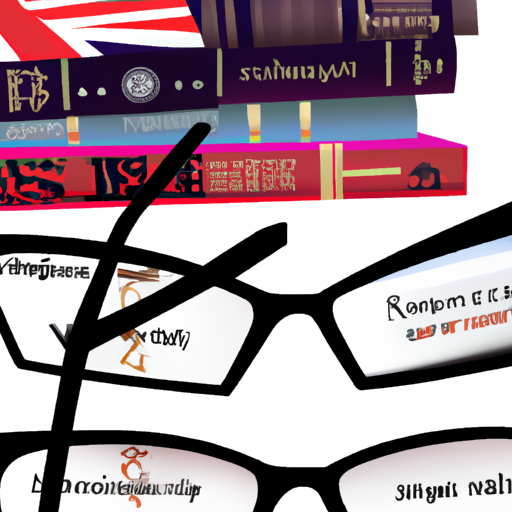Exploring the Relationship Between Cultural Context and Literary Themes
The relationship between cultural context and literary themes is a complex one and can be pivotal in providing a deep understanding of renowned pieces of literature derived from various cultures and historical periods. Literature is a mirror of the society that produces it, reflecting deep-seated traditions, societal norms, and historical events of the time. Thus, the societal backdrop heavily influences the themes presented within the story.
The Influence of Societal Standards and Traditions
Every piece of literature is steeped in the culture of its time. Characters, their actions, conflicts, resolution, and even the nuances derive heavily from the societal standards and traditions of the period. For example, the struggle for female independence and identity against societal expectations in Charlotte Bronte's ‘Jane Eyre’ is a reflection of the Victorian era's societal norms and constraints present at the time of the novel's creation.
Reflection of Historical Events
Historical events also significantly shape literature's thematic landscape. A representative piece of this is Charles Dickens’ ‘A Tale of Two Cities’, which provides a detailed account of the French Revolution. The themes of chaos, retribution, and resurrection developed in the novel echo the turbulent historical period and its repercussive societal effects.
The Role of Cultural Context in Shaping Literature
Moreover, cultural context, which interweaves traditions and history, plays a major role in how the story is told and how it's interpreted. William Shakespeare's plays are prime examples of how the cultural norms and beliefs of the Elizabethan era shaped the narrative; be it the superstitions presented in ‘Macbeth’, or the social hierarchies evident in ‘The Merchant of Venice’.
Cultural Representation in Literature
An understanding of cultural contexts and representations can indeed enhance a reader's appreciation and interpretation of literature. A diligent reader may obtain valuable insights about a culture different from their own through the world of literature. However, one must also remember that the cultural representation in literature does profoundly impact the readers' perceptions of that culture. For instance, 'Things Fall Apart' by Chinua Achebe, provides an in-depth perspective on African tribal life, debunking many stereotypical portrayals.
Ultimately, the relationship between cultural context and literary themes is deeply intertwined and forms a fascinating, intricate landscape to explore. Literature not only communicates stories conveniently detached from reality but also serves as a tapestry that weaves in the cultures and societal nuances of bygone and contemporary eras.















Comments
Leave a Comment